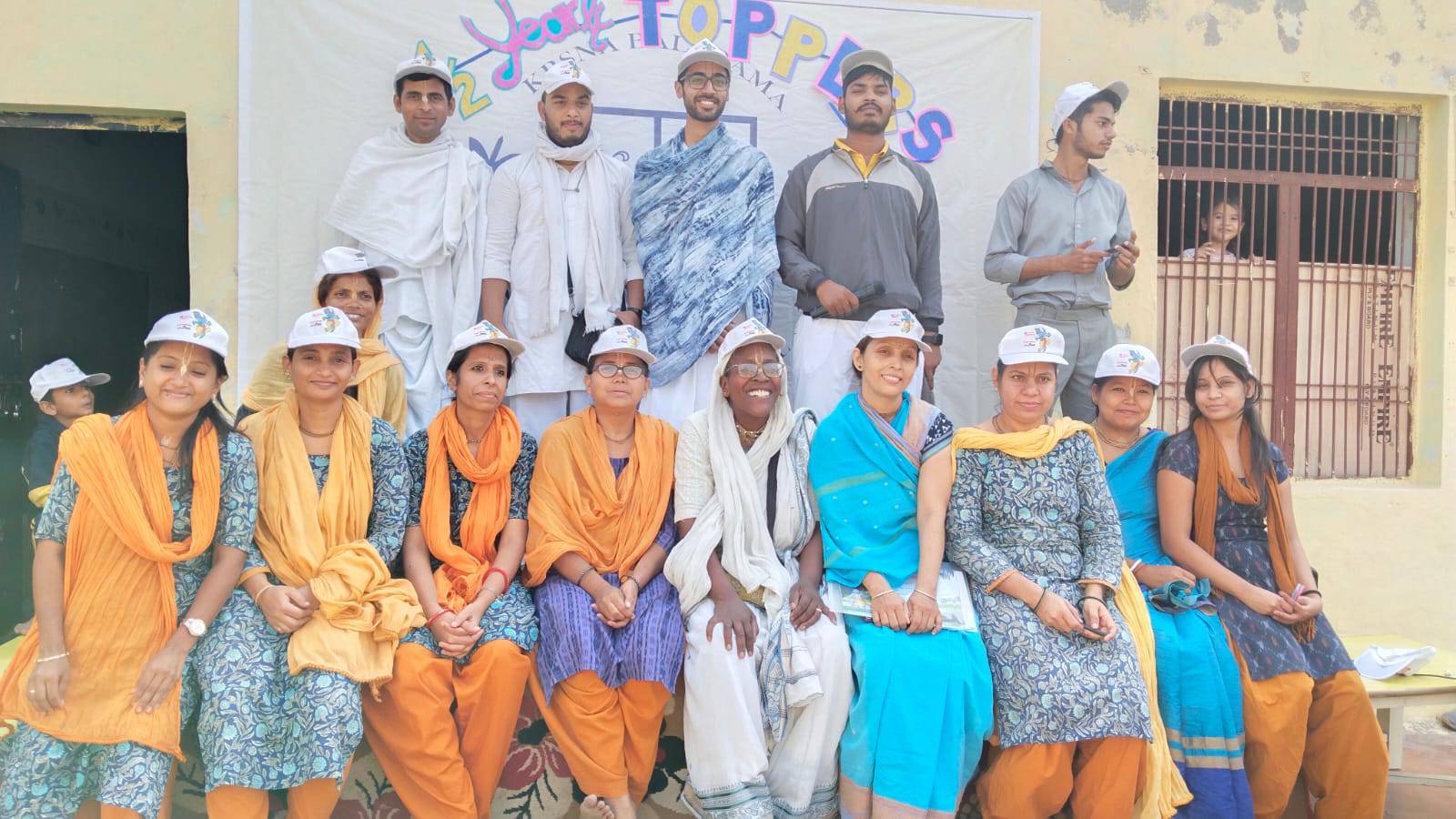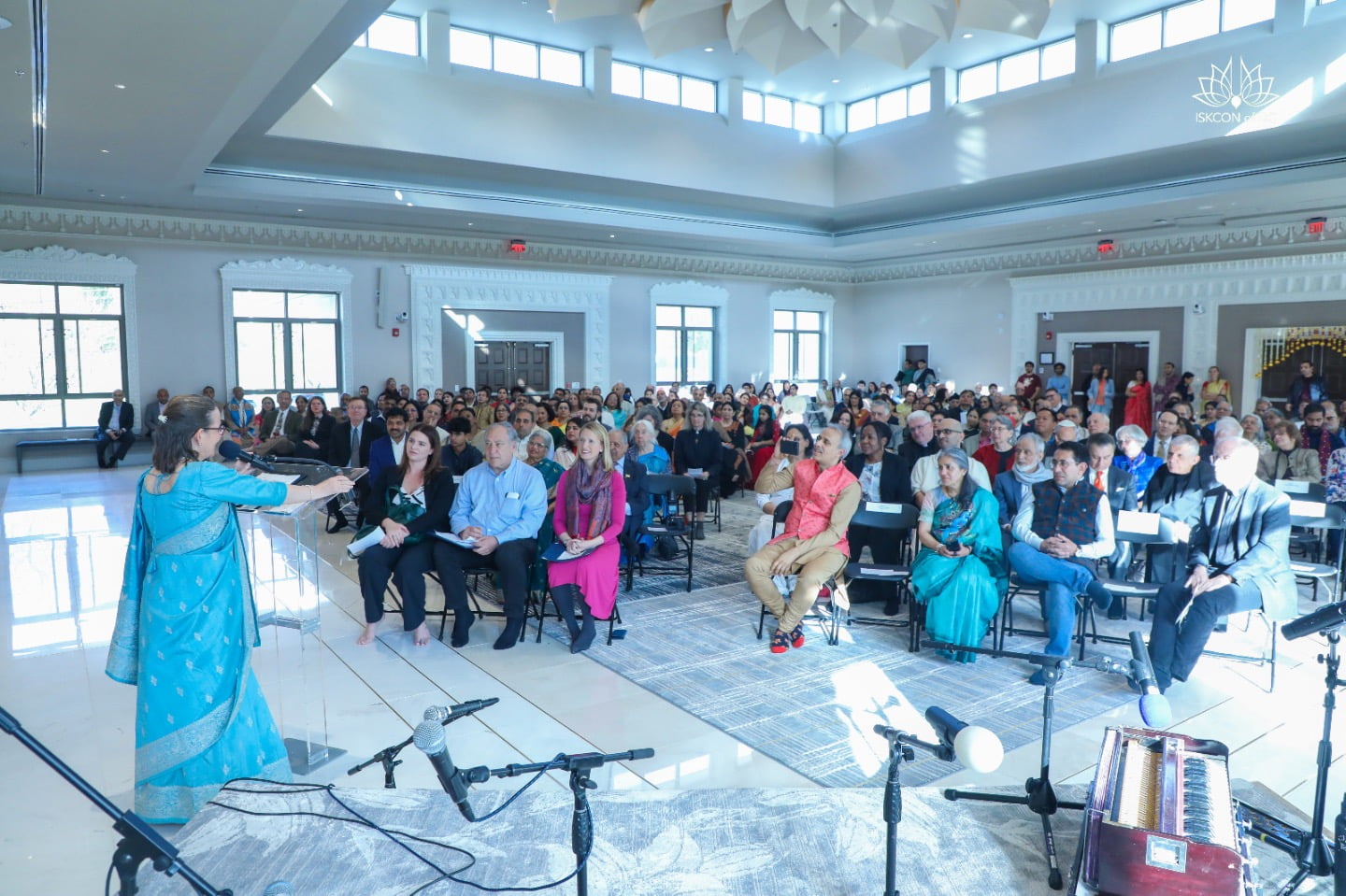Why Helping Others Doesn’t Always Help Others
By Chaitanya Charan Das | Oct 10, 2020

Suppose a person had a severe accident that immobilized them for a long time. As they recover, they need to start doing things for themselves, even if they begin with something as simple as wearing their own clothes. Such activities may be uncomfortable, but discomfort is often the only door to recovery. Their caregivers need to encourage, even insist, that patients start doing things for themselves.
The same principle applies not just in a hospital, but also in society at large. Some people may circumstantially be afflicted by extreme poverty or be put in helpless distress. Welfare agencies, including a welfare state, may intervene to provide them basic necessities such as food coupons. However, this can’t be done forever. Sooner or later, people need to take responsibility for themselves, find some kind of job and start standing on their own feet. If they don’t and welfare agencies keep providing for them, they will get habituated to lethargy and develop an entitlement mentality. Just as caregivers who don’t encourage patients to start doing things for themselves aren’t really helping the patients, similarly, welfare efforts that don’t encourage or even insist that people eventually take responsibility for themselves end up not doing welfare in the long run.
One of the best ways to inspire people to take responsibility is to equip them with spiritual wisdom. Gita wisdom explains that we all are parts of the Divine; there is a higher power that will help us rise above our situations if we strive with devotion (18.58). Starting to do something worthwhile with whatever abilities we have provides a fulfillment that makes life meaningful and distresses bearable.
When we help others to grow spiritually and take responsibility for themselves, we offer them the most sustainable help.












